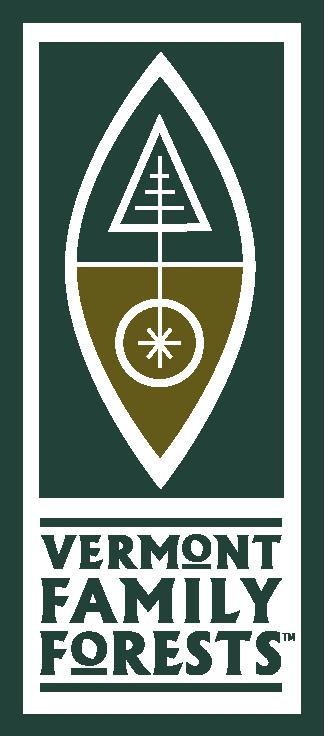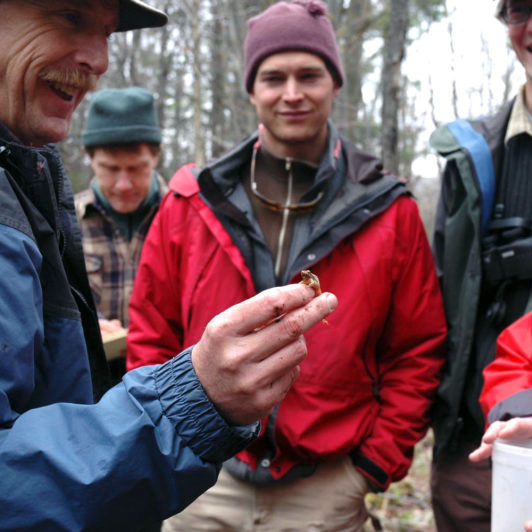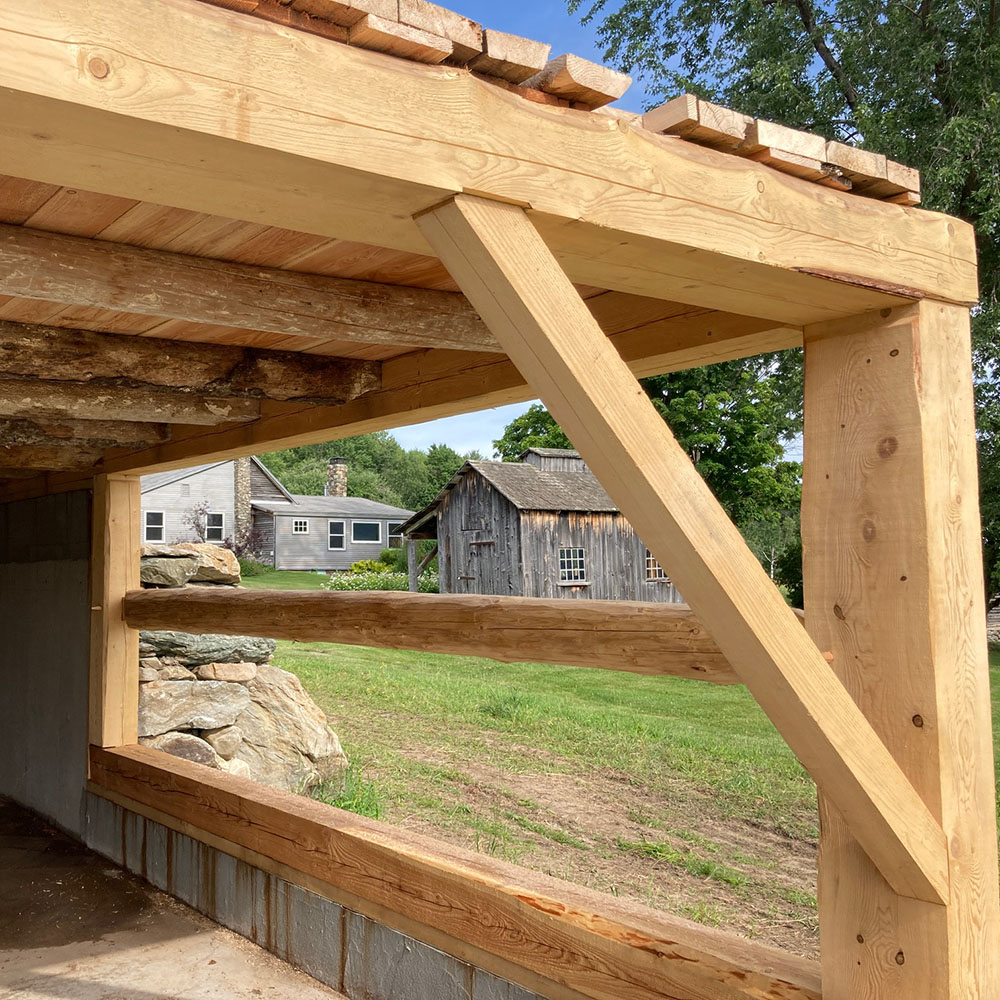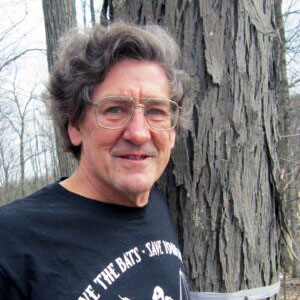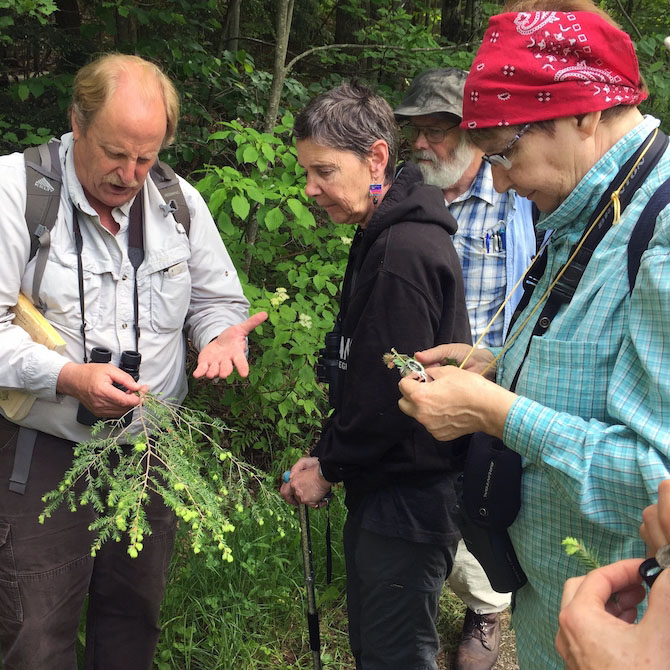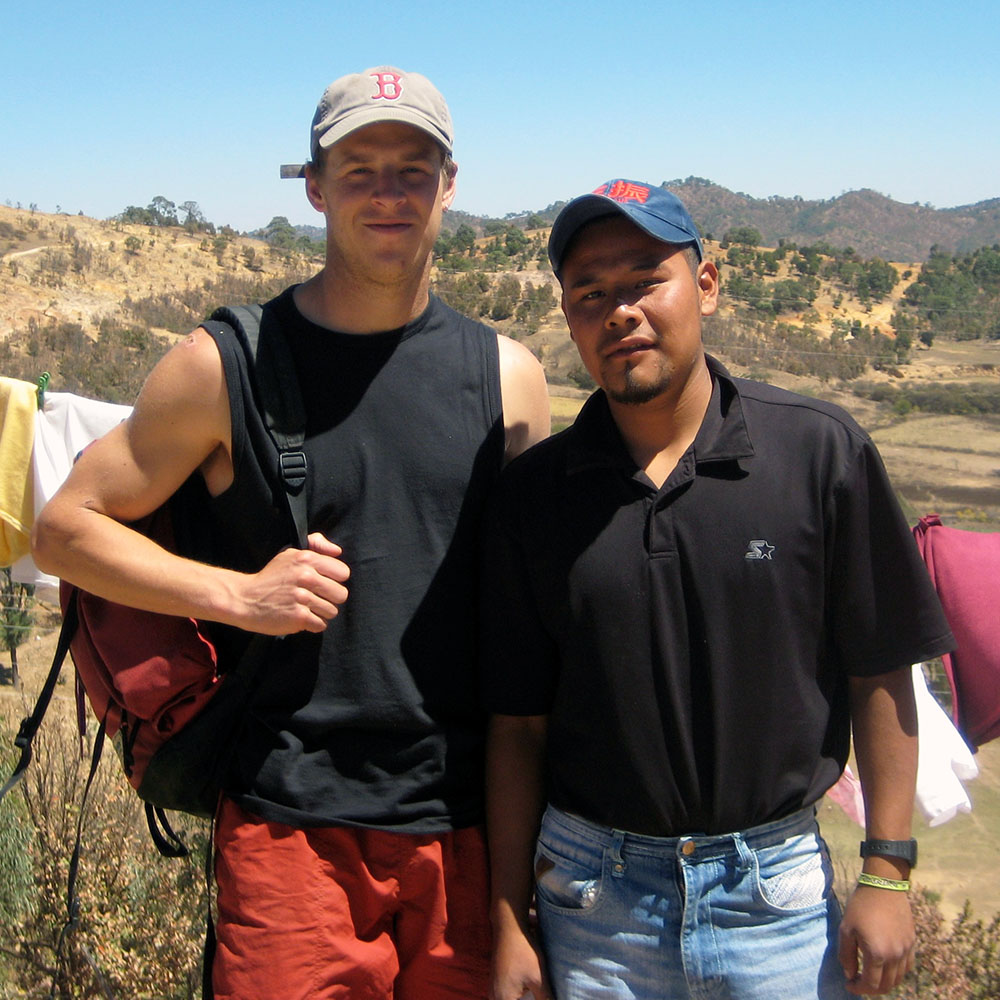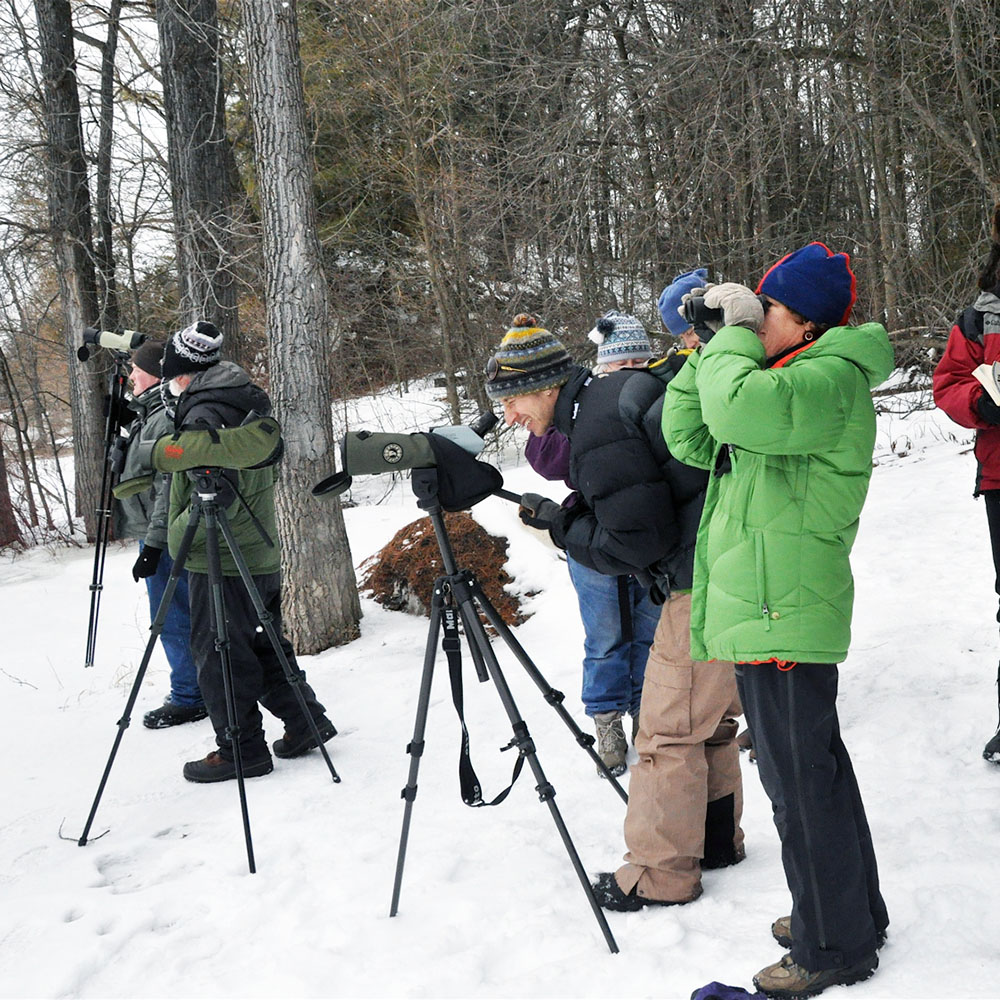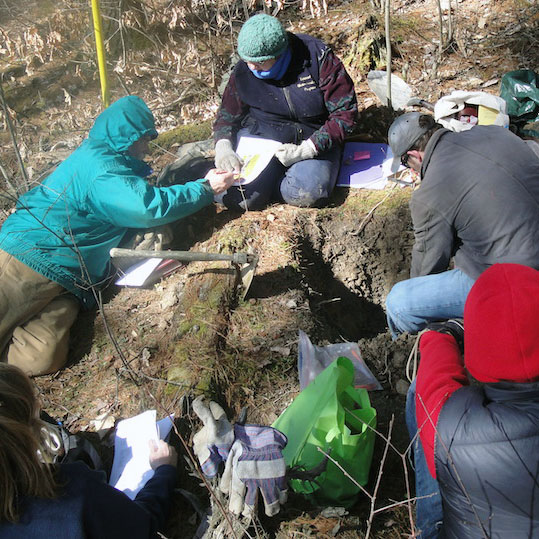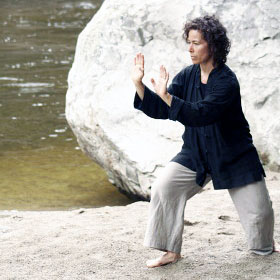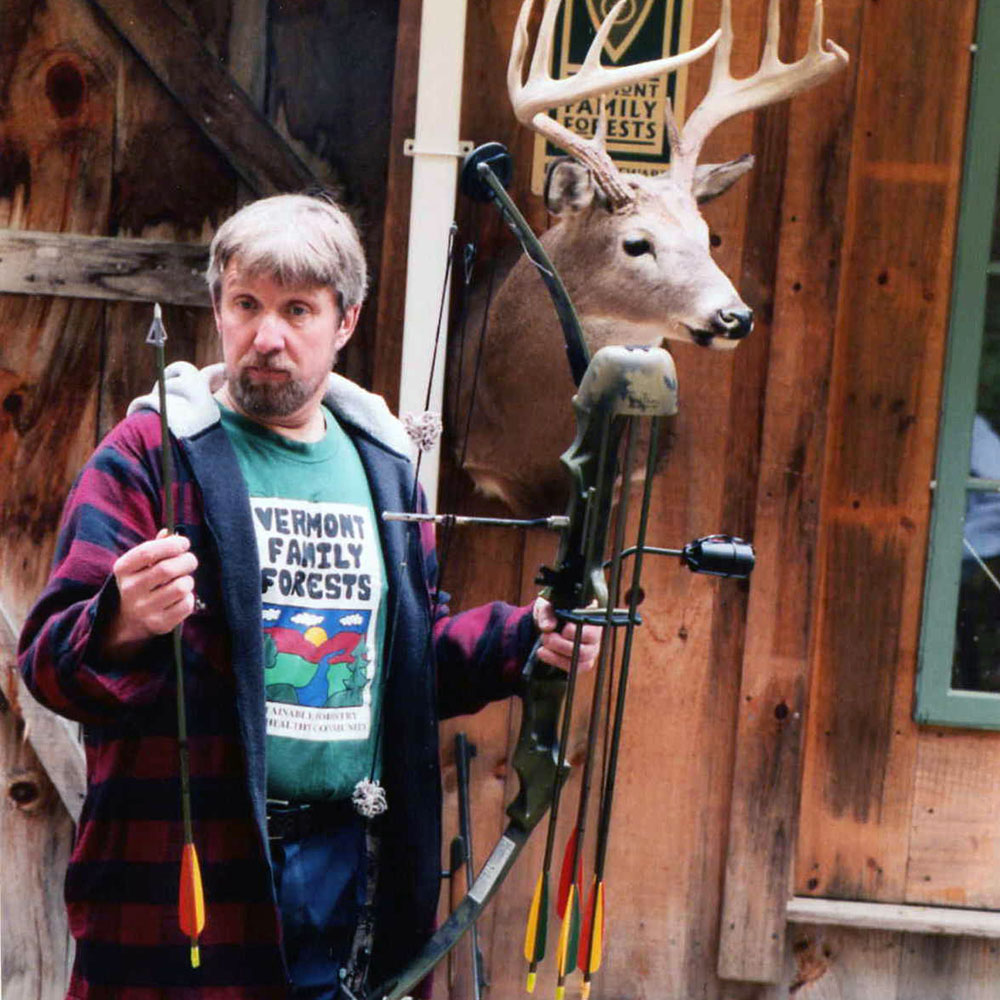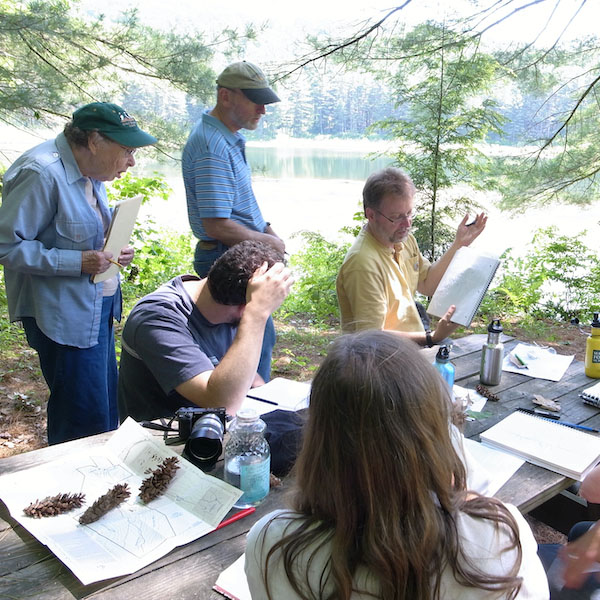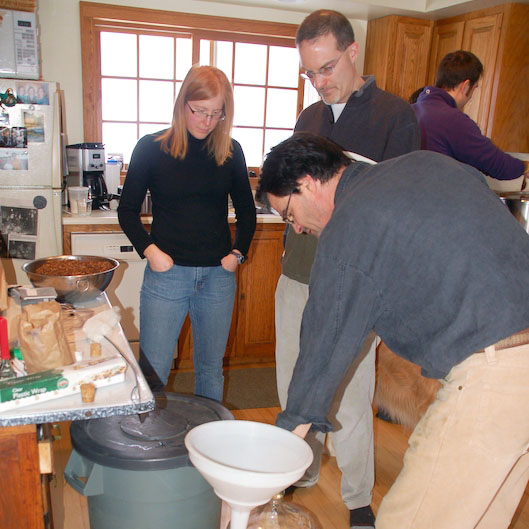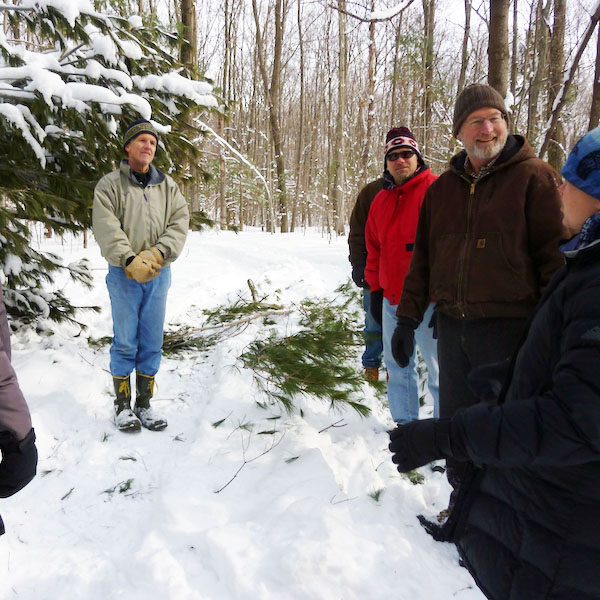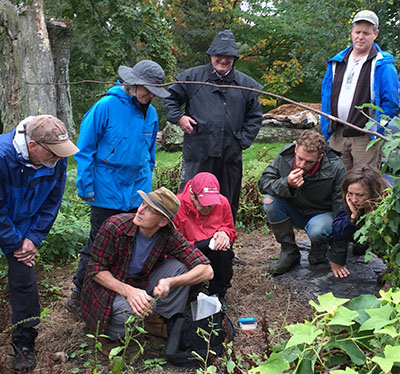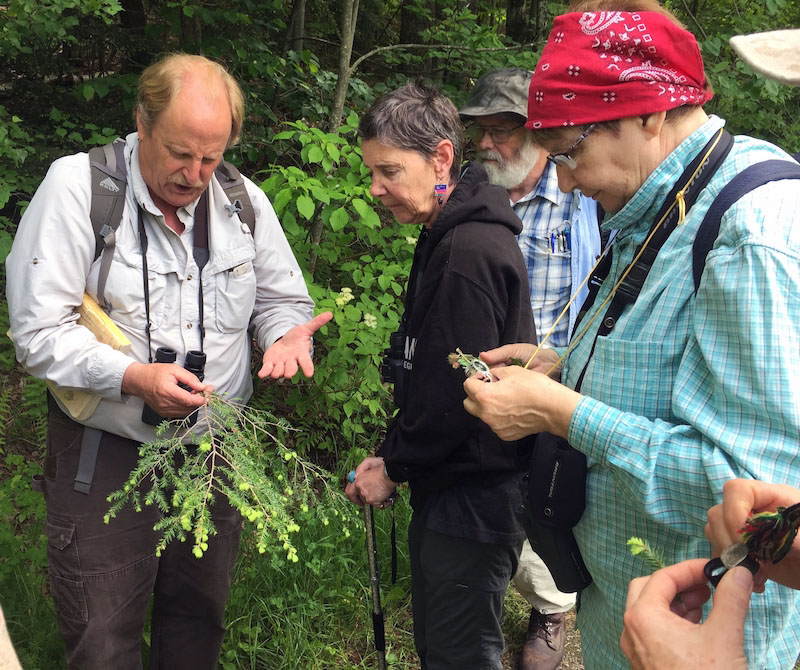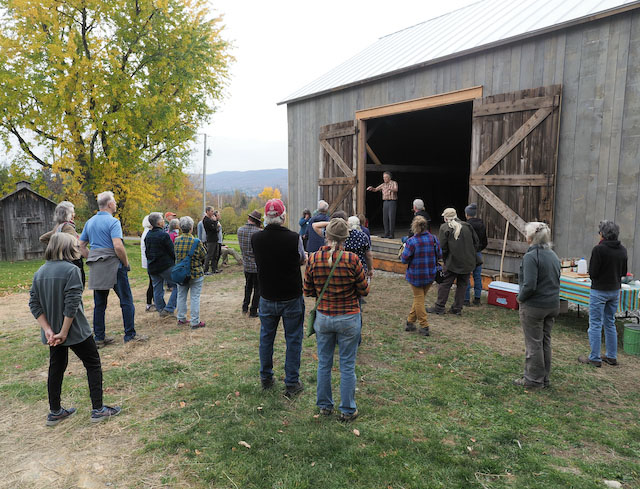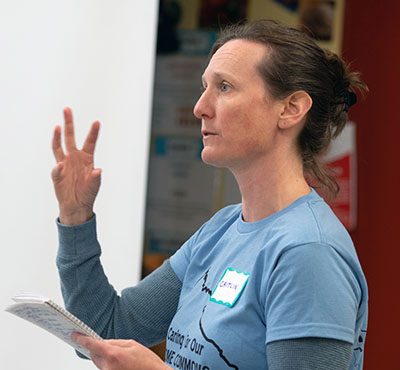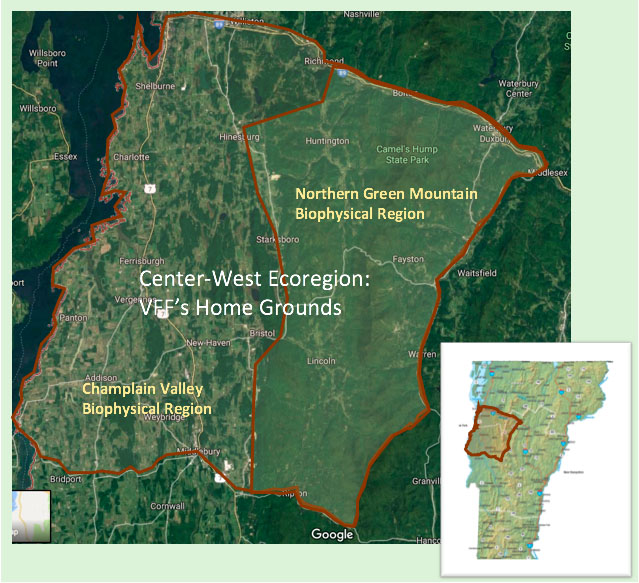Hogback Community College Courses
Past Courses
Conserving Vermont’s Amphibians & Reptiles
We have offered four iterations of this course over the years, varying from 24-32 hours of instruction. Participants learn the identification, natural history, survey techniques, conservation, and management of Vermont’s reptiles and amphibians with herpetologist Jim Andrews, through both in-class lectures and field studies. We applied for and received accreditation from the Society of American Foresters for our 2020 course, so licensed foresters could earn 23 credit hours toward relicensing.
From Forest to Frame
This 18-hour course offered a hands-on introduction to the traditional craft of timber framing, and its place within the broader context of local eco-friendly forestry. Over the course of three Saturdays, students learned about timber framing from forest to frame, culminating with students erecting their finished timber frame at the community-owned Waterworks property in Bristol, Vermont, creating an open-walled “forest hut.” Taught by master timber framer Will Gusakov and VFF’s Executive Director David Brynn.
This course was featured in an article in the Autumn 2016 edition of Northern Woodlands magazine.
Stories in the Land
In this writing workshop, taught by writers John Elder and Don Mitchell, students developed personal essays relating their present-day attitudes and feelings toward the natural world to the personal experiences—perhaps dating back as far as early childhood—that may have laid the groundwork for those perspectives. The goal of this workshop was to tell these personal stories in effective and accessible ways, evoking the specific landscapes in which they took place. 12.5 hours of instruction.
Tree Identification in the Hogback Ecoregion
Over the course of four field sessions in various habitat types throughout the Hogback Ecoregion, students learned to recognize some of the basic characteristics of bark, tree form, twigs, buds, leaves, fruit, and habitat of Vermont’s native trees in their natural settings. Taught by naturalist extraordinaire Jim Andrews. 16 hours of instruction.
Spanish Through Stories
Local high school Spanish teacher Chris Urban taught beginner, intermediate, and refresher levels of this course. In each level, students used the Teaching Proficiency Through Reading and Storytelling (TPRS) method of using stories and storytelling to learn Spanish. Through this teaching method, Chris coupled stories about migrant Mexican farm workers with special guest visits by locally employed Mexican farm workers. Students also took a field trip to a local farm to meet the farmers and farm workers. Instructor Chris Urban also worked for the Vermont Migrant Education Program. 16 hours of instruction per level.
Four-Season Birding in the Hogback Ecoregion
Over the course of four months, students spent four Saturday mornings with instructor Jim Andrews, traveling by foot and by vehicle to search for, identify, and discuss birds at various sites in the Hogback Ecoregion. Studies began with winter residents and migrants in February, returning species and residents in April, and then spend two mornings in June searching for and listening to our local breeding songbirds. 16 hours of instruction.
Conserving Vermont’s Forest Soils
In this course taught by soil scientist Wendy Sue Harper, students learned about soil properties, including soil-forming factors, profiles and horizons, texture, structure, color, pH, and organic matter. In field studies, they practiced simple experiments and learned basic field soil examination techniques in several different soil types. We offered several sessions of this popular course over the years. We received accreditation from the Society of American Foresters and the Vermont Agency of Natural Resources, allowing both foresters and septic designers to receive continuing education credit. 16 hours of instruction.
Deer Hunting 101
In Deer Hunting 101, woodsman Bill Torrey taught participants methods and techniques to successfully enter the world of white-tailed deer, whether carrying a weapon, a camera, or a pair of binoculars. Students learned to interpret the movement of deer through the signs they leave, terrain, and season; identify preferred food sources in various habitats; engage the deer’s senses to your hunting advantage; and effectively use calls, scents, blinds, tree stands, tracking, still-hunting, clothing, and weapons. 10 hours of instruction.
Writing the Waterworks
In this workshop, led by writer and Middlebury College professor John Elder, students practiced both field writing and drawing to sharpen their perceptions of spring in Vermont. During indoor sessions, students shared and responded to the essays that participants created. Selections from such outstanding nature writers as Henry David Thoreau enriched discussions. 12 hours of instruction.
Homebrewing 101
Taught by veteran brewer and Middlebury College professor Jeff Munroe, the course followed a typical six-week brewing time frame, from brewing and fermenting through bottling and carbonation, covering such topics as recipe design, ingredient selection, brewing, grain infusions, hopping, fermenting, siphoning, and bottling. Students learned how to brew their own beer at home from a recipe they create to match their specific preferences in beer styles and flavor. 12 hours of instruction.
Frost in the Forest
Our very first offering within Hogback Community College. Writer and Middlebury College professor John Elder taught this course with three aims: to deepen participants’ experience of Frost’s poetry through close readings and discussions of his poetry, to experience the life of our surrounding forests more vividly and discerningly, and to cultivate a sense of true educational community, in which each person’s insights build upon those of colleagues and contribute to an appreciation of poetry and forests beyond what any individual would have achieved alone. 12 hours of instruction.
